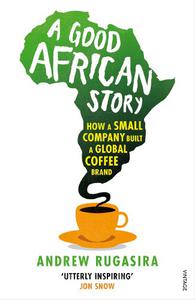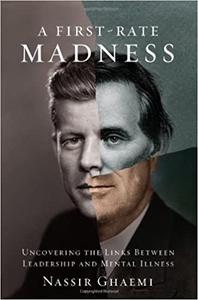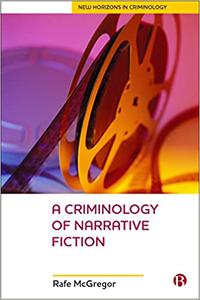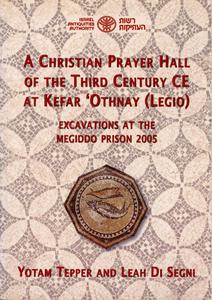![Email Marketing. Campaigns, Flows, Segments,ESPs. All-in-One]()
Published 08/2022
MP4 | Video: h264, 1280x720 | Audio: AAC, 44.1 KHz, 2 Ch
Genre: eLearning | Language: English + srt | Duration: 37 lectures (6h 45m) | Size: 3.6 GB
Learn to operate the Email Marketing channel, read KPIs, work in ESPs such as Klaviyo, Mailchimp, Sendinblue and Mautic









